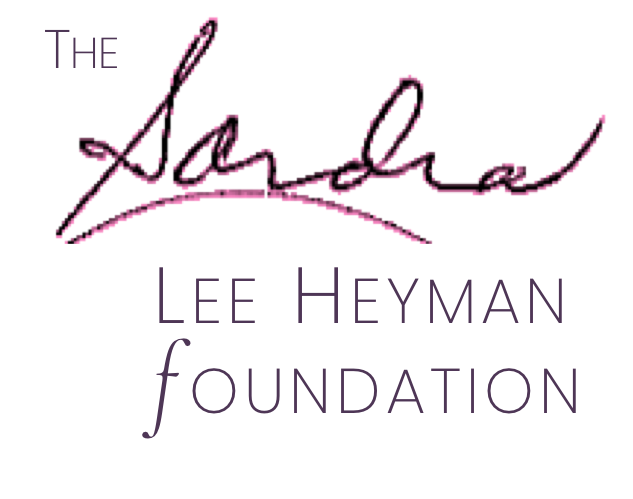Weather and Climate Experts Share Insights with Fellows
In an October 18th get together with a White House official and a postdoctoral research fellow, Sandra Lee Heyman Foundation Fellows learned about relationships – between meteorology and atmospheric sciences as well as between weather and climate change. The guests detailed their personal educational and career journeys – and each declared that they were driven to learn more about the weather when they were very young.
Dr. Scott Weaver, Executive Director of the Interagency Meteorological Coordination Office with the White House Office of Science and Technology Policy, has been a climate scientist for NASA, NOAA, and the Environmental Defense Fund. He described what his undergraduate meteorology studies at Rutgers University entailed as well as how it related to his masters and doctoral work in atmospheric and oceanic science at the University of Maryland. “As science has changed, we realized we need to consider more than just the atmosphere. You need to consider how the ocean works with the atmosphere,” he explained. For Weaver, it was his 8th grade teacher who inspired him to learn about meteorology. “The weather channel actually had just started, and the satellite imagery from hurricanes combined with my teacher’s unique approach to teaching meteorology …I was just hooked,” he said. Nevertheless, it was not a straight path. “I took a break from science to pursue other passions. I didn't go right into college after high school.” Responding to a fellow’s question about what distracted him, he held up an electric guitar and declared, “it was worth it.”
Dr. Dereka Carroll-Smith, a Postdoctoral Associate at the National Institute of Standards and Technology (NIST)/University of Maryland College Park, told the fellows that it was her fear of severe weather growing up in Texas which led her to become a meteorologist. She shared, “I grew up in an impoverished neighborhood. The more that I learned, I realized that the safety measures that they tell us to take for tornadoes really didn't apply to people in my neighborhood, and so I wanted to figure out how to be the voice, to provide resources for vulnerable communities like mine, so that they do have somewhere safe to go in the event of a storm.” Carroll-Smith has been a faculty fellow at the National Center for Atmospheric Research and has managed an undergraduate bridge program targeting urban 11th and 12th grade high school students at Jackson State University, where she studied meteorology before earning her masters degree from Purdue University and a doctorate from the University of Illinois. Her educational success didn’t come easily. “The local neighborhood schools were not that great academically” and “my standardized test scores were too low to get into the STEM Academy. I auditioned for the classical piano program in high school. So I went to an arts program, still trying to be a scientist. I took all of the AP classes that I could take – because I knew I wanted to be a scientist. And so that's pretty much what got me into undergrad.”
Carroll-Smith urged students to “Really think about what you're passionate about, and what you're going to have fun with. Why? Because when you're on your last nerve in the middle of night, studying or something you just truly don't understand, you are going to need to have that reminder of ‘Why am I doing this? Echoing many previous speakers, Weaver and Carroll-Smith both encouraged students to take advantage of mentors and to seek internships – with the latter confiding, “they pay really well.”
“The local neighborhood schools were not that great academically and my standardized test scores were too low to get into the STEM Academy….So I went to an arts program, still trying to be a scientist. I took all of the AP classes that I could take – because I knew I wanted to be a scientist. And so that’s pretty much what got me into undergrad.”
The Sandra Lee Heyman Foundation is a 501(c)(3) nonprofit organization established in memory of Sandra Lee Heyman, a long-time mathematics teacher at the elementary, middle school, high school, and community college levels. The 18-month long Fellowship is aimed at promising high school students who have the opportunity to meet with STEM leaders, visit prominent institutions in the Washington, D.C., area, and access peers and mentors to support career exploration in STEM fields. There are multiple ways to support the Fellowship program, and donations to the Foundation are tax deductible.
